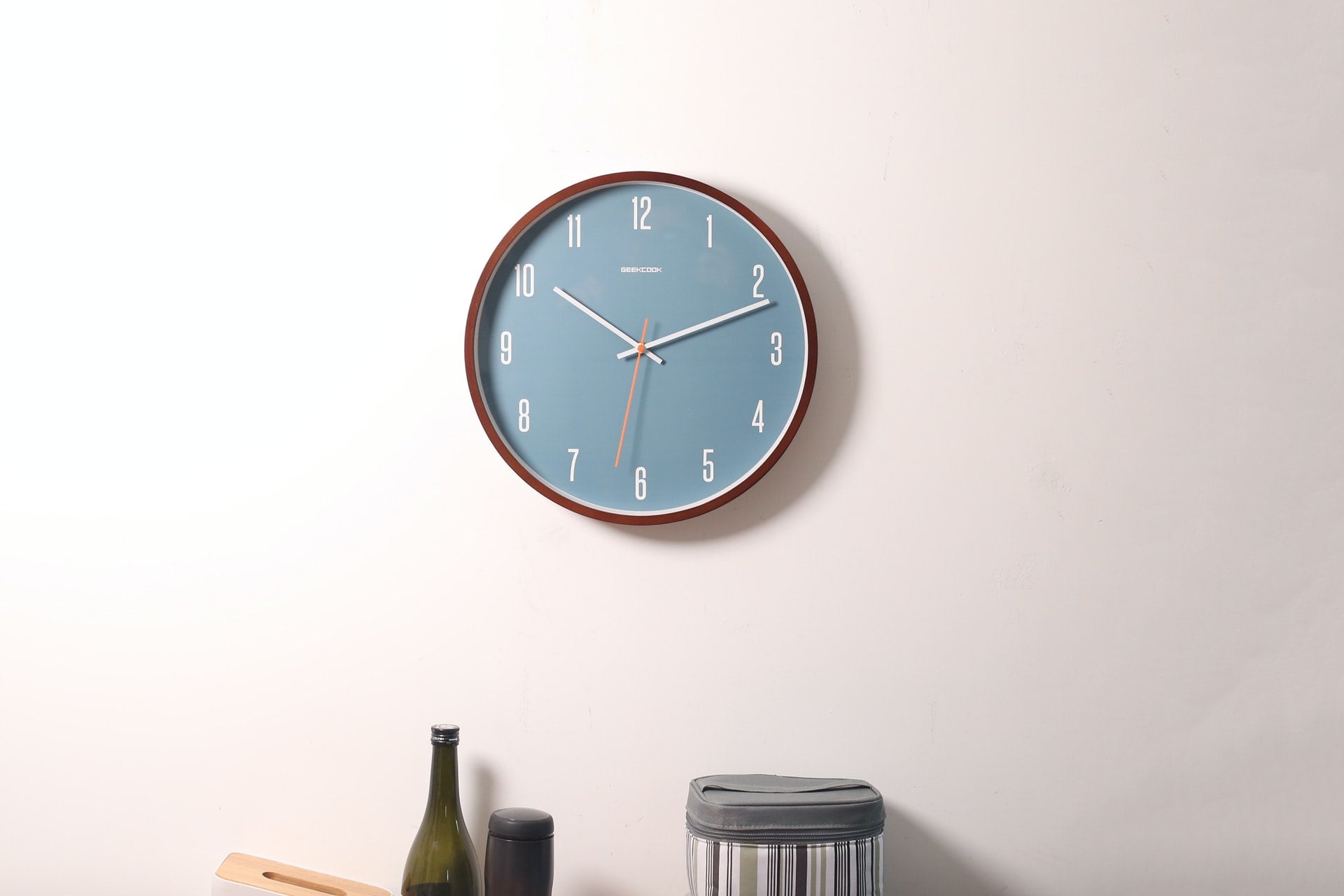If you’re an early riser, you seem to be in good company. From well-worn sayings such as “The early bird catches the worm” to bestselling books like The 5 AM Club to Jocko Willink’s pre-dawn (and, apparently, sweat-inducing) workouts, our culture has given two thumbs up to rising when the rooster crows. In contrast, sleeping in has become synonymous with laziness, even though Albert Einstein rarely made it into his office before noon, Winston Churchill kept late hours, and athletes like Roger Federer and Rich Froning often don’t set an alarm to make sure they get sufficient sleep.
In reality, neither a morning lark, a night owl, or anything in between is better or worse. While you could take steps to adjust your sleep/wake cycle, it’s largely determined by your genetics, and so the real key to getting the most out of each day (and night, too) is to understand where you fall on the circadian rhythm spectrum, embrace it, and, as much as is possible, tailor your routine accordingly. In this article, we’ll look at what you should do and when based on your chronotype and provide some hints on how to game both your body clock and calendar to your advantage.
When to Start Your Workday
If you’re still not buying the notion that starting your work day later is beneficial if you’re a night owl like Churchill, Einstein, and Froning, check out this passage from German chronobiologist Till Roenneberg's book Internal Time: Chronotypes, Social Jet Lag, and Why You're So Tired: “Adolescent students’ attendance rate, their performance, their motivation, even their eating habits all improve significantly if school times are delayed.” That’s partly why, with an increasing body of evidence provided by sleep researchers like Dr. Matthew Walker, California decided to push school start times later. Even though you’re no longer a teenager, a similar shift might benefit you if you’re a night owl.
This isn’t to say that morning larks are worse off or should transition to a later schedule. If you’re truly an early bird, go ahead and join Jocko in early morning workouts, pre-breakfast work sessions, and other AM activities befitting your chronotype. But if you’re a night owl, getting up and beginning your work day a little later than your early rising colleagues might actually help instead of hinder your productivity. “We need to get better at taking an individual's personal body clock into account -- particularly in the world of work,” neuroscientist Dr. Elise Facer-Childs told ScienceDaily after her research team found differences in brain activity between early and late risers at different times of day. “If, as a society, we could be more flexible about how we manage time we could go a long way towards maximizing productivity and minimizing health risks.”
Rather than simply conforming to societal norms or trying to impress your boss by being the first to clock in or the last to clock out, chronobiologists and productivity experts seem to agree that it’s better to tailor your available work time to fit your own circadian rhythm, which can be as individualized as your response to certain kinds of physical training and calorie needs.
This means taking stock of your usual routine, figuring out what you’re doing at the right time, and seeing if there are certain tasks you could drag and drop to other parts of your daily calendar to make the most of what your brain is capable of at any given point. “All times of day are not created equal,” New York Times bestselling author Daniel Pink told CNBC. “Our performance varies considerably over the course of the day, and what task to do at a certain time really depends on the nature of the task. If we look at the evidence, we can be doing the right work, at the right time.”
In his book When: The Scientific Secrets of Perfect Timing, Pink lays out a blueprint for doing exactly that. The first step is to figure out when your sleep midpoint occurs – in other words, when you’re halfway through sleeping. To test it, see when you wake up on a day that your schedule doesn’t mandate a certain waketime, such as on a Saturday or Sunday. If your midpoint is 3:30 AM or earlier, you’re likely a lark, if it’s 5:30 AM or later you’re an owl, and if it’s in the middle, you’re a third bird (in which case you should pick something like an albatross or bald eagle, for the sake of fun).
When to Do Analytical, Decision-Making, Insightful, and Administrative Tasks
Once you’ve figured out your midpoint and tapped into ornithological terms to determine what kind of bird you are, the next step is to apply this knowledge to your schedule. If you’re a lark, you’re better off doing decision-making and analytical tasks early in the morning, whereas third birds excel in these areas in the midmorning period, and owls have greater success in the late afternoon or evening. Owls are actually better at projects involving creative insights in the morning, with larks and third birds doing better with these in the late afternoon or evening. Pink’s research reveals that all three chronotypes make a better impression on others in the morning, so even if you’re a night owl, a pre-lunch meeting with an important client might be best.
Understanding when your energy and motivation diminish over the course of the day is just as important as recognizing when you’re primed for peak output. If you’re a lark, you’ll likely hit a cognitive wall in the early afternoon, whereas if you’re a third bird, your slump will kick in an hour or two later. In which case, calendar block these times for administrative tasks like sending and replying to emails or updating project timelines. If you’re an owl, get this busy work done in the morning while your brain’s still warming up.
All this being said, it’s probably going to be unrealistic for you to say no to a customer call because you’ll be in a trough at this time or to tell your boss that you're turning down her early morning meeting request because it doesn’t fit with your chronotype (although it would make a funny Dilbert comic strip). The point of this post isn’t making you into some kind of time tyrant but rather developing a better understanding of your body clock, knowing when you’ll be best at certain tasks, and making whatever adjustments to your schedule are possible to maximize such windows of opportunity.
“Any changes will result in improvements to your health and happiness,” sleep doctor and clinical psychologist Dr. Michael Breus writes in The Power of When, which sheds light on the best time to work, interact socially, consume caffeine and alcohol, and exercise. “It’s not an all-or-nothing proposition. Ideally, you could do it all. Practically, you might not be able to. So do what you can now.”




















